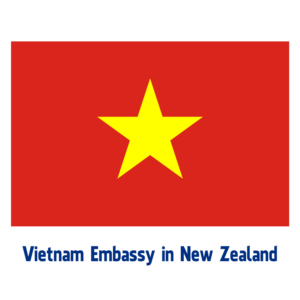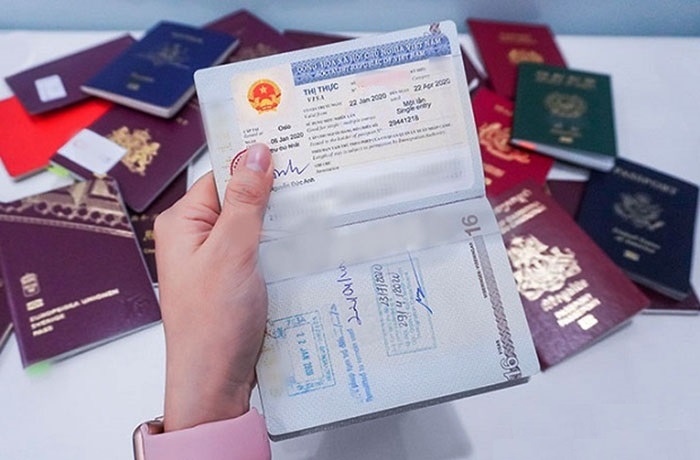
🇮🇳 Vietnam Visa for Indians – Q&A Guide (Updated 2025)
Are you an Indian national planning a trip to Vietnam? If so, you will likely need a visa to enter the country. In this article, we will explore everything you need to know about Vietnam visa for Indians, including the different types of visas available, the application process, and important rules and regulations.
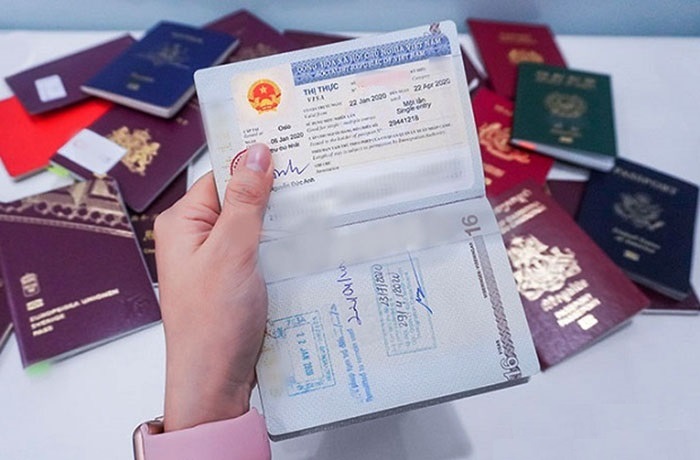
Types of Vietnam Visas for Indians
There are several types of visas available for Indians traveling to Vietnam. The most common ones include:
Vietnam Tourist Visa
If you plan to travel to Vietnam for tourism purposes, you will need a tourist visa. This visa is valid for up to 30 days and can be extended once you are in the country.
Vietnam Business Visa
If you are traveling to Vietnam for business purposes, you will need a business visa. This visa allows you to stay in the country for up to 90 days, and it can be extended if necessary.
Vietnam E-Visa
For those who prefer to apply for a visa online, Vietnam also offers e-visas. This type of visa is available for both tourism and business purposes and can be applied for through the Vietnamese government’s official website.
Vietnam Visa on Arrival
Another option for obtaining a visa is to get a visa on arrival. This process involves getting a pre-approved letter from a travel agency or service provider, which you then present to immigration authorities upon arrival in Vietnam.
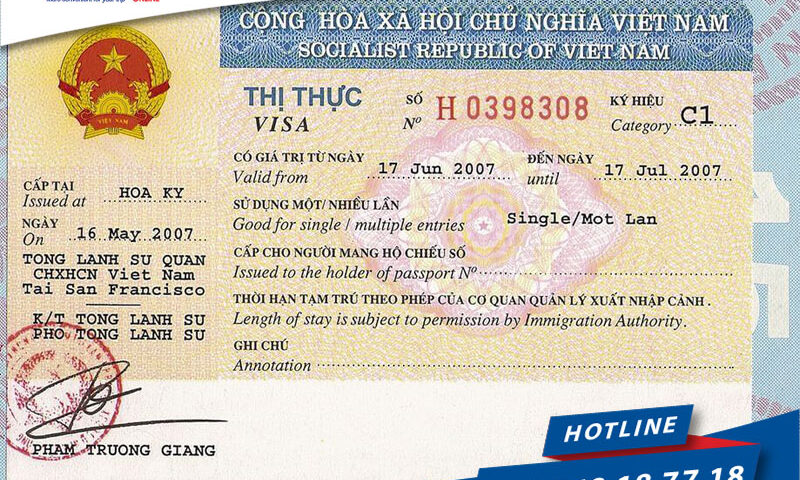
How to Apply for a Vietnam Visa for Indians
As Indian citizens are required to obtain a visa prior to entering Vietnam, here are the steps on how to apply for one:
- Choose the type of visa you need. There are different types of visas available for Indians, such as tourist visas, business visas, and work visas. The type of visa you need will depend on the purpose of your visit to Vietnam.
- Gather the required documents. The required documents for a Vietnam visa application include:
- A completed visa application form
- A valid passport with at least 6 months of validity remaining
- Two passport-size photos
- Proof of onward travel, such as a flight ticket or bus ticket
- A visa processing fee
- Submit your visa application. You can submit your visa application online, through a Vietnamese embassy or consulate, or through a travel agent.
- Receive your visa. Once your visa application has been approved, you will receive your visa either electronically or by mail.
Here is a step-by-step guide on how to apply for a Vietnam visa online:
- Go to the website of the Vietnamese Ministry of Foreign Affairs.
- Click on the “Apply Visa” tab.
- Fill out the visa application form.
- Upload the required documents.
- Pay the visa processing fee.
- Submit your application.
- Once your application has been approved, you will receive your visa electronically.
Here is a step-by-step guide on how to apply for a Vietnam visa through a Vietnamese embassy or consulate:
- Contact the Vietnamese embassy or consulate in your country to find out about their visa application process.
- Gather the required documents.
- Schedule an appointment with the embassy or consulate.
- Submit your visa application and pay the visa processing fee.
- Pick up your visa from the embassy or consulate once it has been approved.
Here is a step-by-step guide on how to apply for a Vietnam visa through a travel agent:
- Contact a travel agent that specializes in Vietnam visas.
- Provide the travel agent with the required documents.
- Pay the travel agent’s fee.
- The travel agent will submit your visa application on your behalf.
- The travel agent will receive your visa on your behalf and send it to you.
Please note that the visa application process and requirements may vary depending on the type of visa you are applying for and the country you are applying from. It is always best to check with the Vietnamese embassy or consulate in your country for the most up-to-date information.
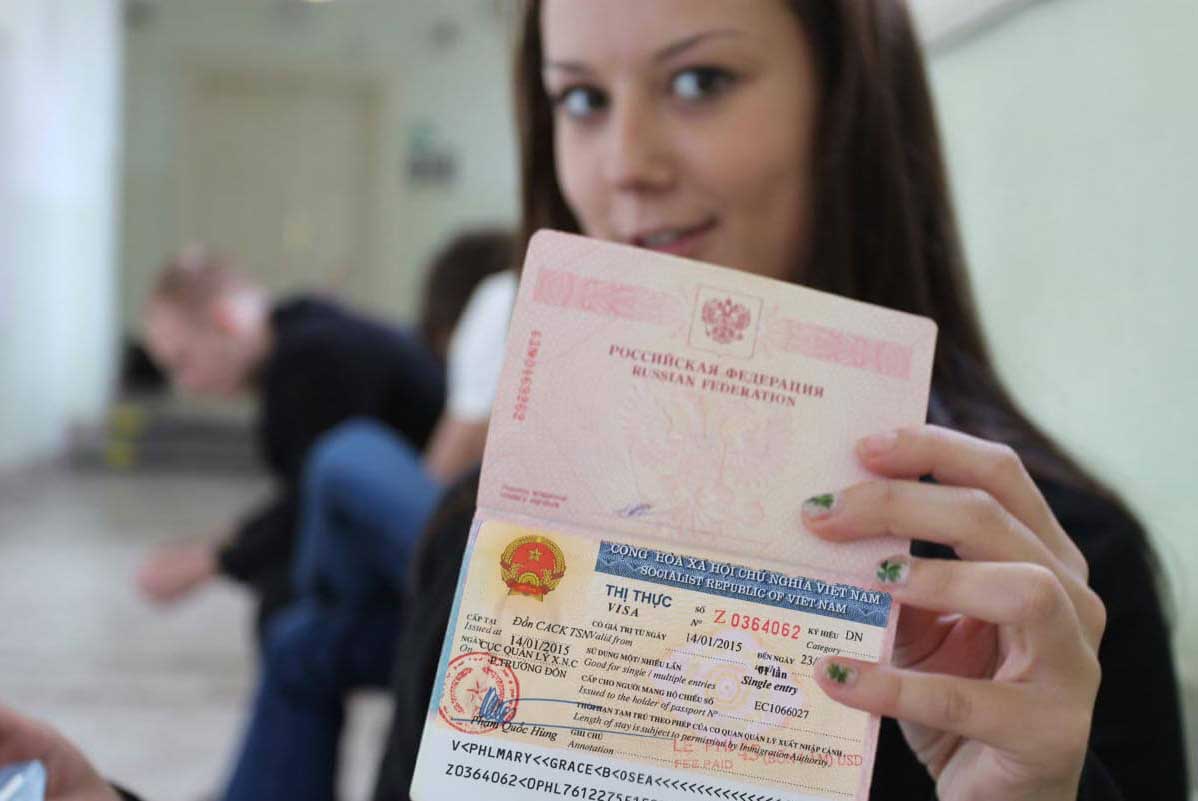
Vietnam Visa Requirements for Indians
Vietnam is a popular destination for tourists around the world, including Indians. In order to enter Vietnam, Indian citizens are required to have a valid visa. Here are the Vietnam visa requirements for Indians:
- Valid passport: Indian citizens must have a valid passport with at least six months of remaining validity from the date of entry into Vietnam.
- Visa application form: Indian citizens must complete and submit a visa application form online or via mail.
- Visa fee: The visa fee varies depending on the type of visa selected, but it typically ranges from $25-$135 USD.
- Passport photos: Indian citizens must provide two recent passport-sized photographs (4cm x 6cm) that are taken within six months prior to the visa application.
- Proof of travel: Indian citizens must show proof of their travel plans, including flight tickets and hotel reservations.
- Invitation letter (if applicable): If the purpose of the visit is to attend a conference or business meeting, Indian citizens must obtain an invitation letter from the host company or organization in Vietnam.
- Criminal record check: Indian citizens planning to stay in Vietnam for more than three months require a criminal record check certificate issued by the competent authority in India.
- Medical certificate: Indian citizens traveling to Vietnam need to present a medical certificate that confirms they do not have any contagious diseases.
- Vaccination certificate: Indian citizens must provide a yellow fever vaccination certificate if they have traveled to countries where yellow fever is prevalent.
- Financial documents: Indian citizens must provide evidence of sufficient funds to cover their expenses during their stay in Vietnam.
It’s important to note that the above visa requirements may vary based on the type of visa applied for and embassy or consulate processing the visa application. It’s advisable for Indian citizens to consult with the Vietnamese Embassy or Consulate in their country for specific information about visa requirements and procedures.
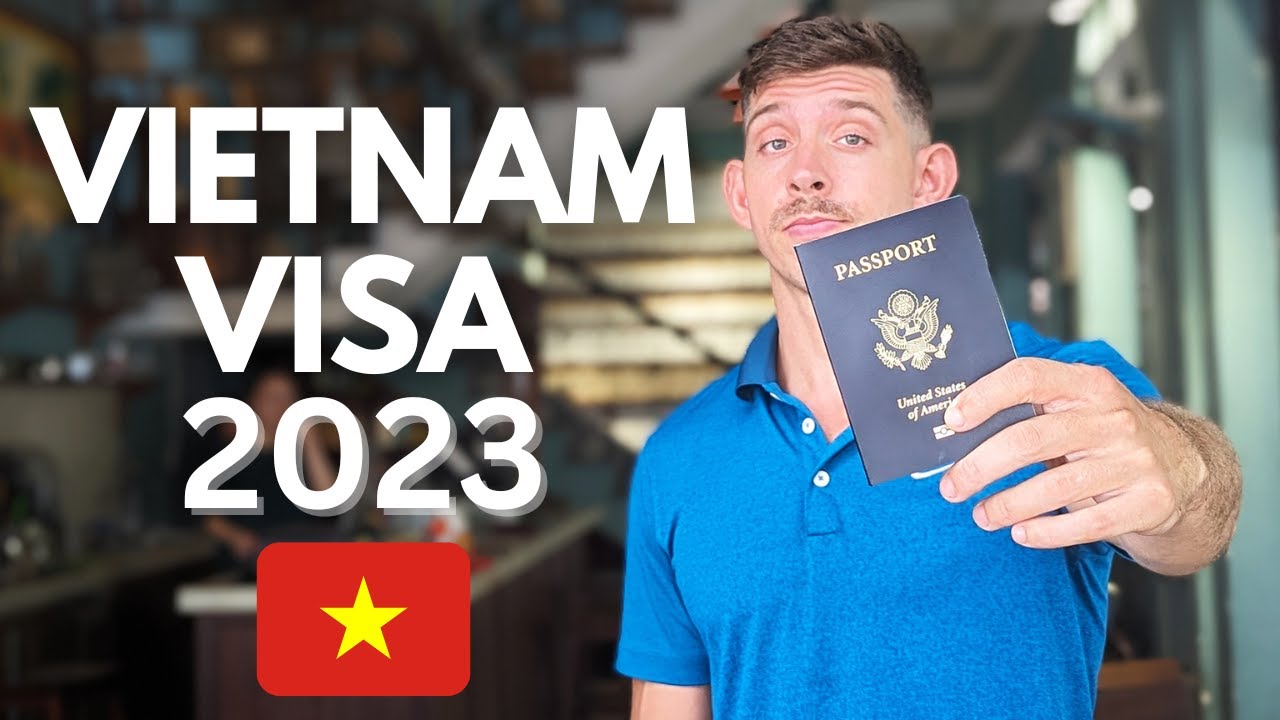
Comparing Different Types of Visas
When deciding which type of visa to apply for, it’s important to consider your specific travel needs. Here are some comparisons between different types of visas:
- The tourist visa is the most common type of visa and is suitable for short-term trips for tourism purposes.
- The business visa allows for longer stays and is ideal for those traveling to Vietnam for work-related reasons.
- E-visas offer convenience, as they can be applied for online; but they are only valid for 30 days and cannot be extended.
- Visa on arrival can be a good option for those who need to travel to Vietnam at short notice, but it requires obtaining a pre-approved letter beforehand.
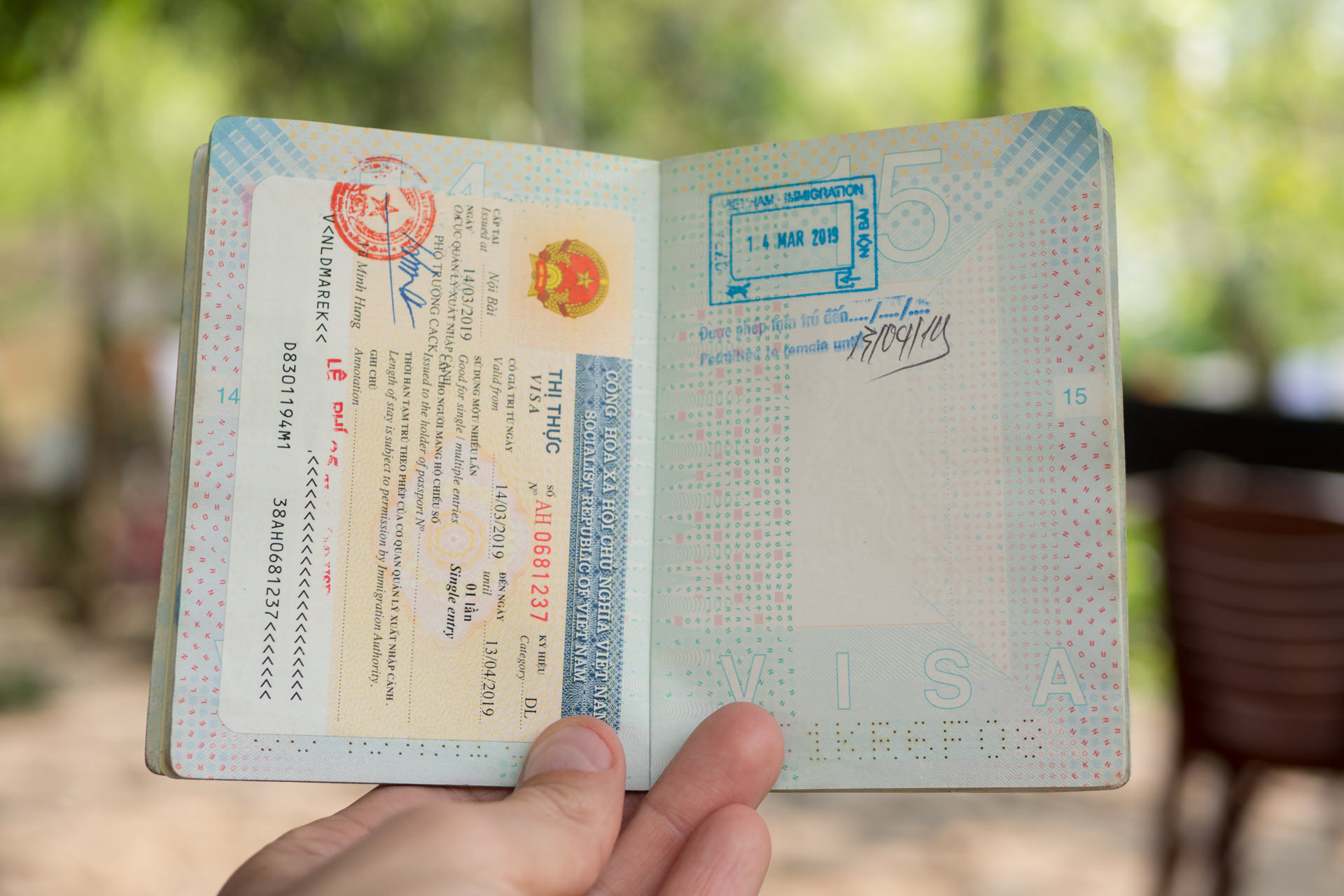
Tips for Emergency Vietnam Visa for Indians 2025
Indian nationals who need to travel to Vietnam urgently can apply for an emergency visa. The following tips can help you with the process:
- Contact the Vietnamese embassy or consulate in India as soon as possible. You can find their contact information on the website of the Vietnamese Ministry of Foreign Affairs.
- Explain your situation clearly and concisely. Be sure to state the reason for your urgent travel and the date you need to arrive in Vietnam.
- Provide all of the required documentation. This includes a passport, visa application form, and two passport-sized photos. You may also need to provide additional documentation, such as a letter from your employer or a medical report.
- Pay the visa fee. The fee varies depending on the type of visa you are applying for and the length of your stay.
- Submit your application and wait for approval. The processing time for emergency visas can vary, but it is typically within a few days.
Here are some additional tips that may be helpful:
- Be prepared to answer questions about your travel plans; and the reason for your emergency trip.
- If you are traveling for medical reasons, be sure to bring a letter from your doctor stating the need for your travel.
- If you are traveling for business reasons, be sure to bring a letter from your employer stating the purpose of your trip.
- Be patient and cooperative with the visa application process.
Please note that emergency visas are not always granted, and the Vietnamese government has the right to refuse any visa application. However, if you meet all of the requirements and have a valid reason for urgent travel, you are more likely to be granted an emergency visa.
Here are some additional tips that may be helpful:
-
- Be sure to book your flights and accommodation in advance, as this will show the Vietnamese embassy or consulate that you are serious about your travel plans.
- If you are traveling for medical reasons, be sure to contact the hospital in Vietnam where you will be receiving treatment and make arrangements for your admission.
- If you are traveling for business reasons, be sure to contact your business contacts in Vietnam and make arrangements for your meetings.
By following these tips, you can increase your chances of being granted an emergency visa to Vietnam.
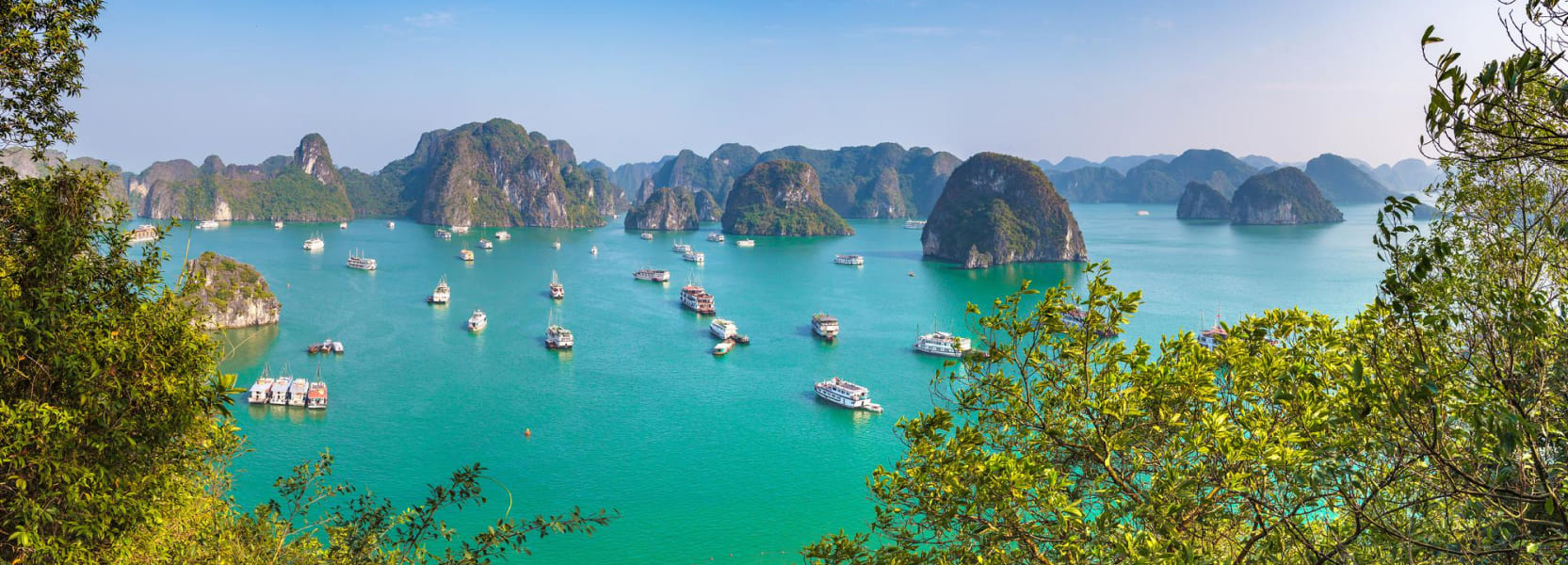
🇮🇳 Vietnam Visa for Indians – Q&A Guide (Updated 2025)
1️⃣ . Do Indian citizens need a visa to enter Vietnam?
Yes, Indian passport holders must obtain a visa to enter Vietnam for tourism, business, or other purposes.
2️⃣ . What types of Vietnam visas are available for Indians?
Indians can apply for the following visa types:
- Tourist Visa (E-Visa) – Single entry, 30 days validity.
- Business Visa (DN) – Single or multiple entry, valid for 1 to 3 months.
- Visa on Arrival (VOA) – Pre-approved visa letter, stamped at the airport.
3️⃣ What is the fastest way to get a Vietnam visa from India?
The fastest and most convenient way is:
✅ Apply online for an E-Visa or VOA through VisaOnlineVietnam.com
📩 Get your visa approval letter via email.
🛬 Present it upon arrival to get your visa stamped.
4️⃣ How to apply for a Vietnam E-Visa from India?
- Go to: VisaOnlineVietnam.com
- Fill out the online application form.
- Upload the passport scan + photo.
- Pay online via card.
- Receive your E-visa via email within 3–5 working days.
5️⃣ How much does a Vietnam visa cost for Indian citizens?
- E-Visa: From $25–$55 USD depending on processing speed.
- VOA:
- Service fee: $20–USD 40 (paid online)
- Stamping fee: USD 25 (single entry) or $50 USD (multiple entry)
6️⃣ How long does it take to get the visa?
- Normal processing: 3–5 working days
- Urgent processing: 1–2 working days
- Emergency visa: Within 24 hours (extra fee applies)
7️⃣ What are the required documents for Indian citizens?
- Passport (valid for 6+ months)
- Digital passport photo
- Passport scan (bio page)
- Return flight ticket (optional for some visa types)
8️⃣ . Can Indians apply for Visa on Arrival (VOA)?
Yes. Indian citizens can apply for a Visa on Arrival (only if traveling by air).
👉 Apply online and receive a pre-approval letter.
👉 Show it at the Vietnam airport to get your visa stamped.
9️⃣ Where can Indians enter Vietnam using an E-visa?
Indians can enter through 33 designated ports, including:
- Noi Bai Airport (Hanoi)
- Tan Son Nhat Airport (Ho Chi Minh City)
- Da Nang Airport
- Phu Quoc International Airport
….
1️⃣0️⃣ need help with your Vietnam visa application?
Contact the trusted experts at VisaOnlineVietnam:
📩 Email: [email protected]
📱 WhatsApp: (+84) 968 18 77 18
🇺🇸 USA Hotline: +1(972)-666-0676
🌍 VisaOnlineVietnam.com
